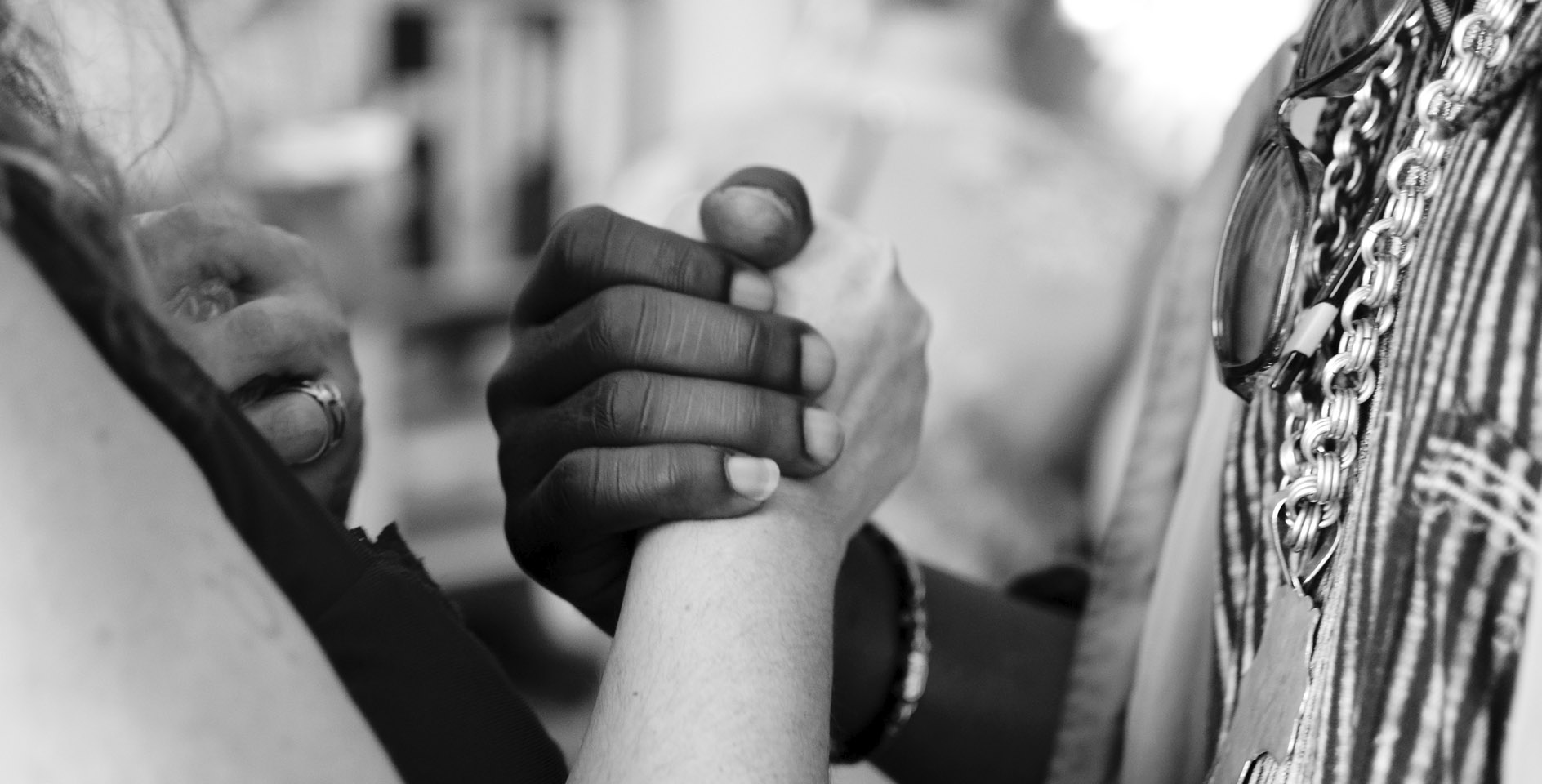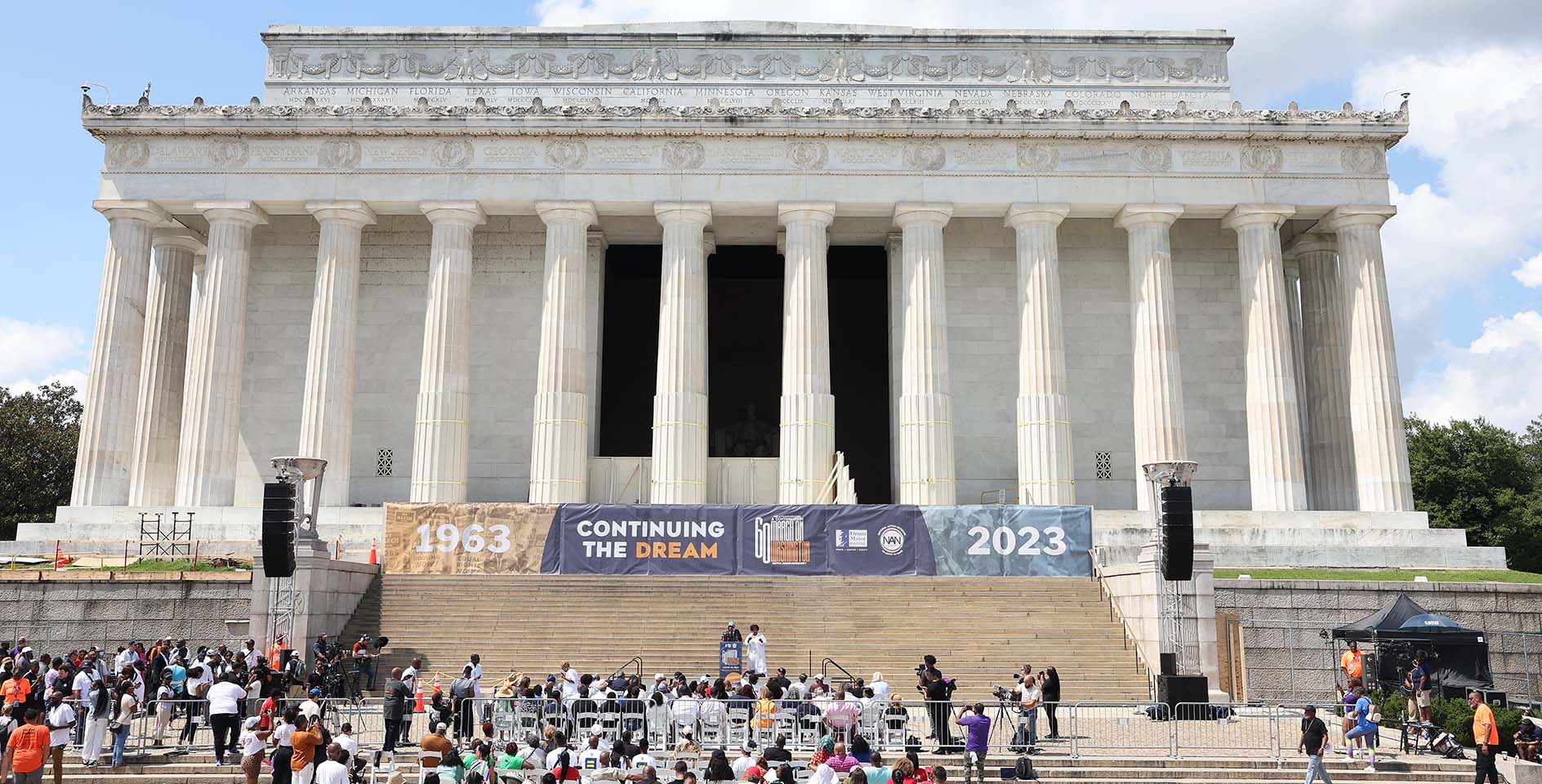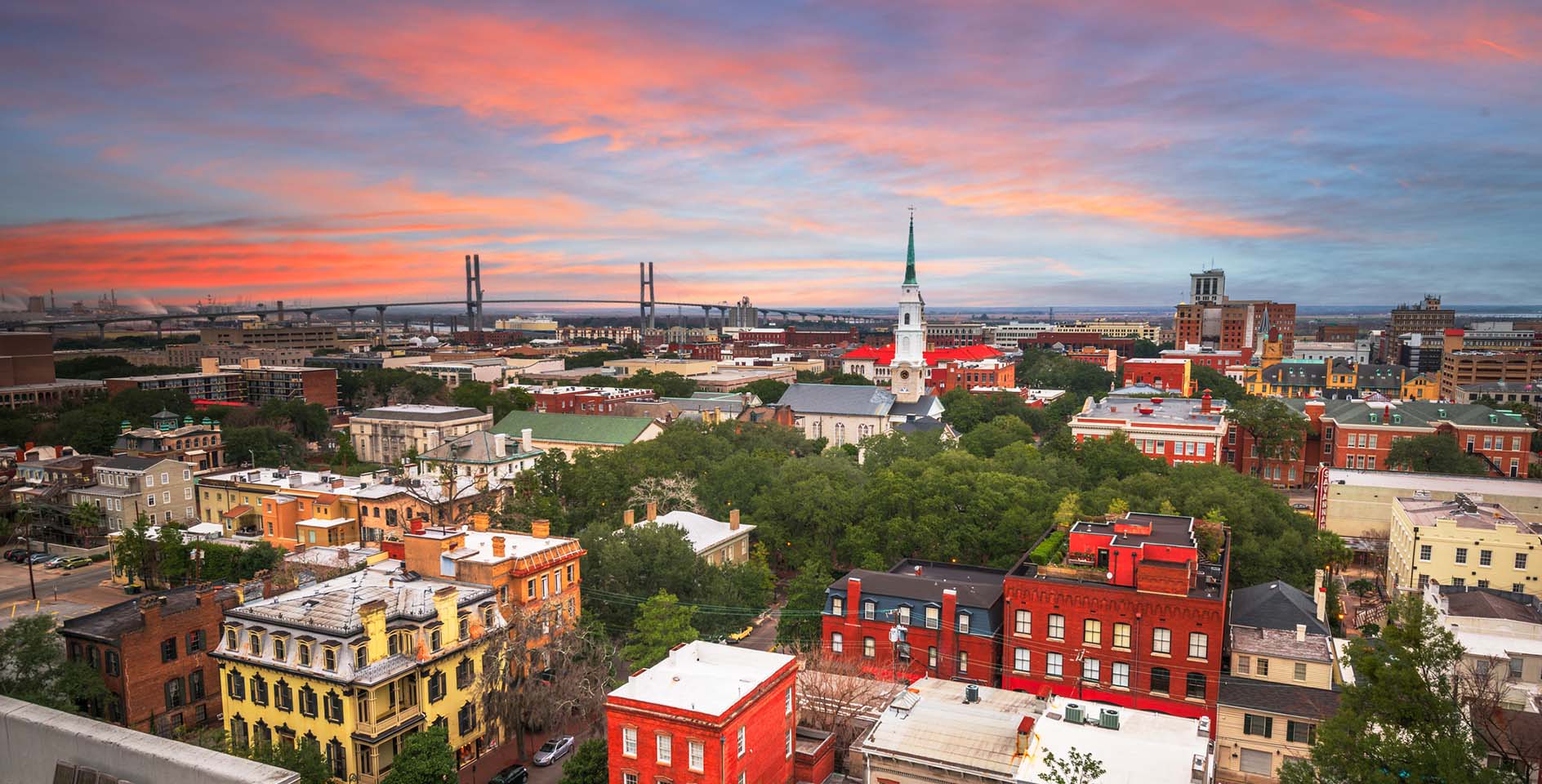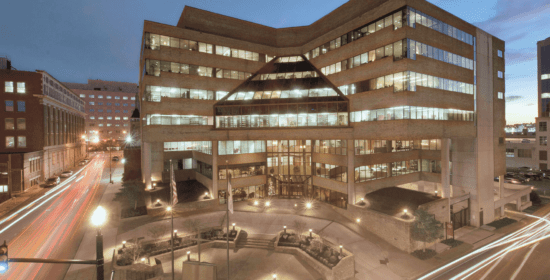I was born in Memphis, Tenn., a little less than two decades after Dr. Martin Luther King Jr. was shot. Growing up there allowed me to frequently visit the Lorraine Motel and National Civil Rights Museum on field trips. Yet, as a child, the Civil Rights Movement seemed distant and removed from us.
As I’ve gotten older, taught U.S. history in a struggling inner-city Tennessee public school, and become an attorney, I’ve learned many of the struggles present during the Civil Rights Movement are in many ways still with us. I have seen both how far we’ve come and how far we still have to go 50 years after King was assassinated. When he visited Memphis for the sanitation strike, he was speaking to the dignity of the downtrodden. And when he was killed, Memphis would never be the same. These factors and more inspired the ERLC to build an event in Memphis that focused on human dignity, racial unity, and revisited the legacy of King.
It was an honor to be a small part of this historic conference that took place 50 years to the day of King’s murder. Whether it’s heard in his final sermon in Memphis or read in his Letter from Birmingham Jail, King’s work in the Civil Rights Movement was inextricably intertwined with the gospel of Jesus Christ. So, I was ecstatic when I learned the vision of this conference was to gather a diverse array of Christians to discuss how the gospel of Jesus Christ will continue the work of King and so many others in our present age. This vision clearly resonated with the church as over 4,000 people joined us in Memphis and over one million views of the conference were logged online.
Engaging keynote addresses and informative panel discussions focused on everything from racial unity in churches to testimonies from civil rights leaders who marched with King to educational disparities. Most exciting, perhaps, was the announcement that $1.5 million in college scholarships for Memphis-area minority students had been raised through the conference.
The ERLC is committed to marching toward repentance and providing a courageous voice that works for racial unity and justice.
MLK50 continued the ERLC’s work to further the focus on racial unity in the Southern Baptist Convention. As one of the largest events the ERLC has ever hosted, it furthered the work of building bridges so that the body of Christ can continue its work in every community and neighborhood in our nation.
In a world filled with racial injustice, hatred, and bigotry, Russell Moore, in his keynote address, said “the answer is not to rebrand but to repent.” The ERLC is committed to marching toward repentance and providing a courageous voice that works for racial unity and justice. Will you join us?










